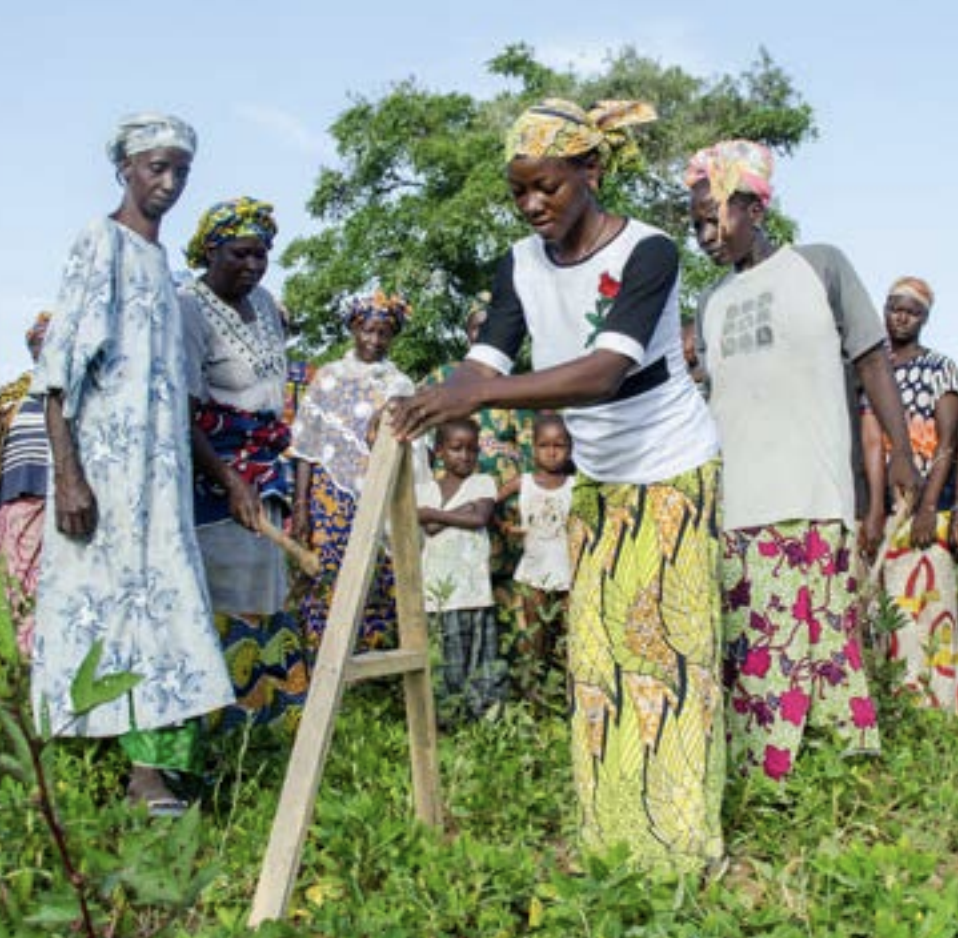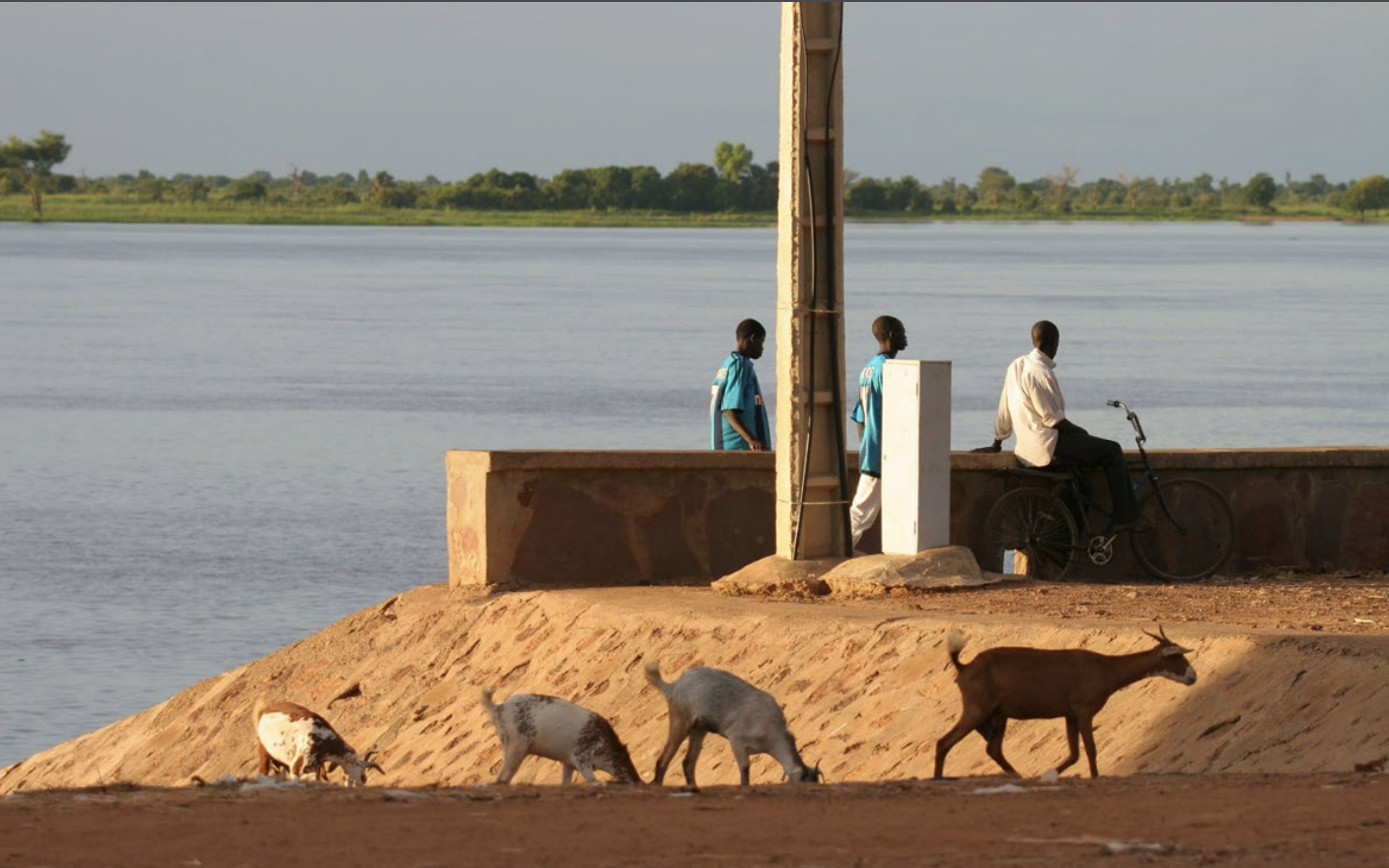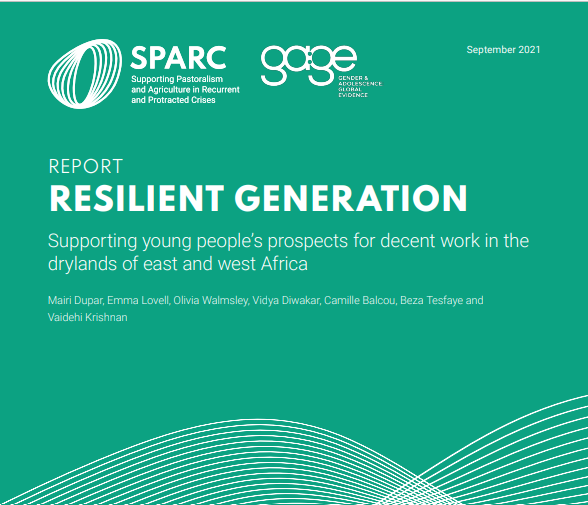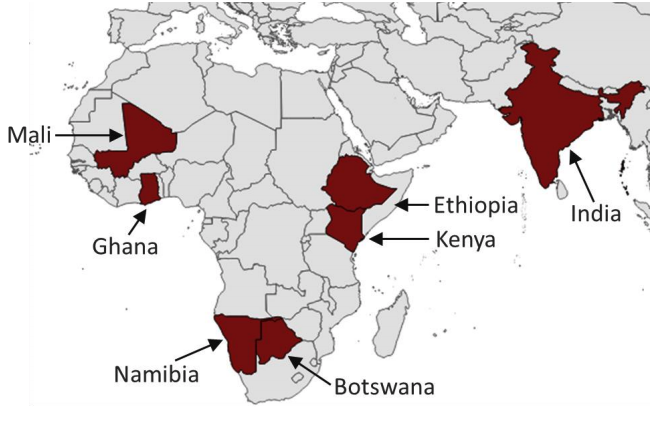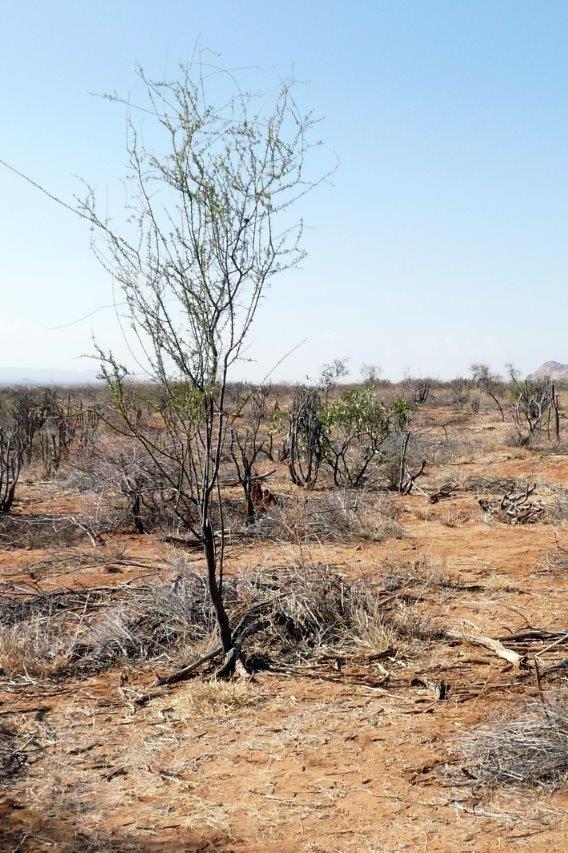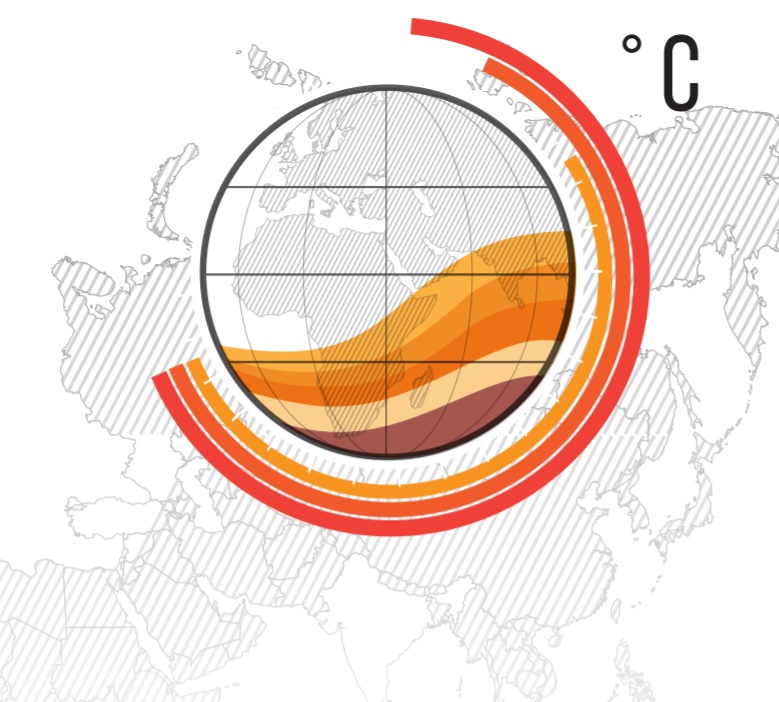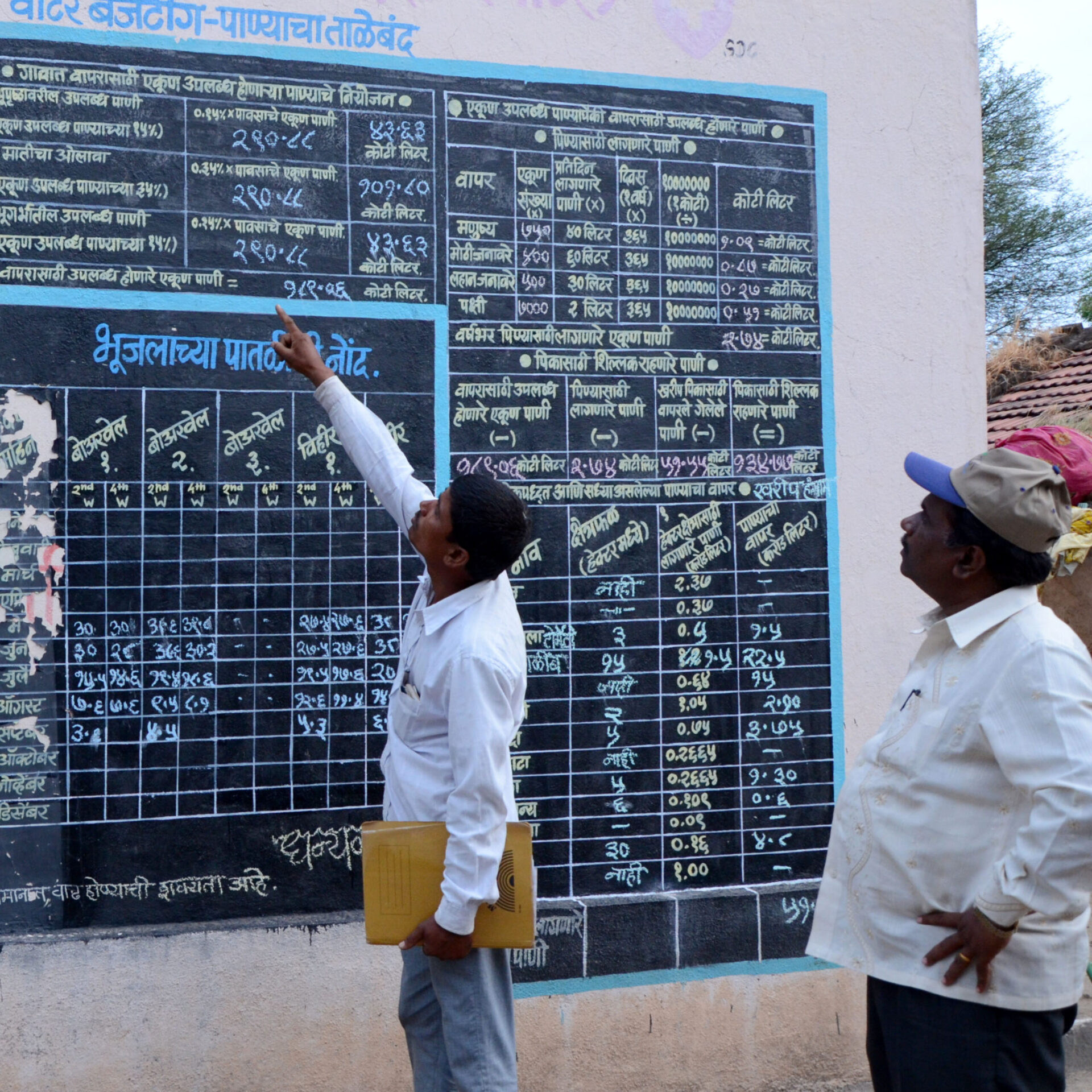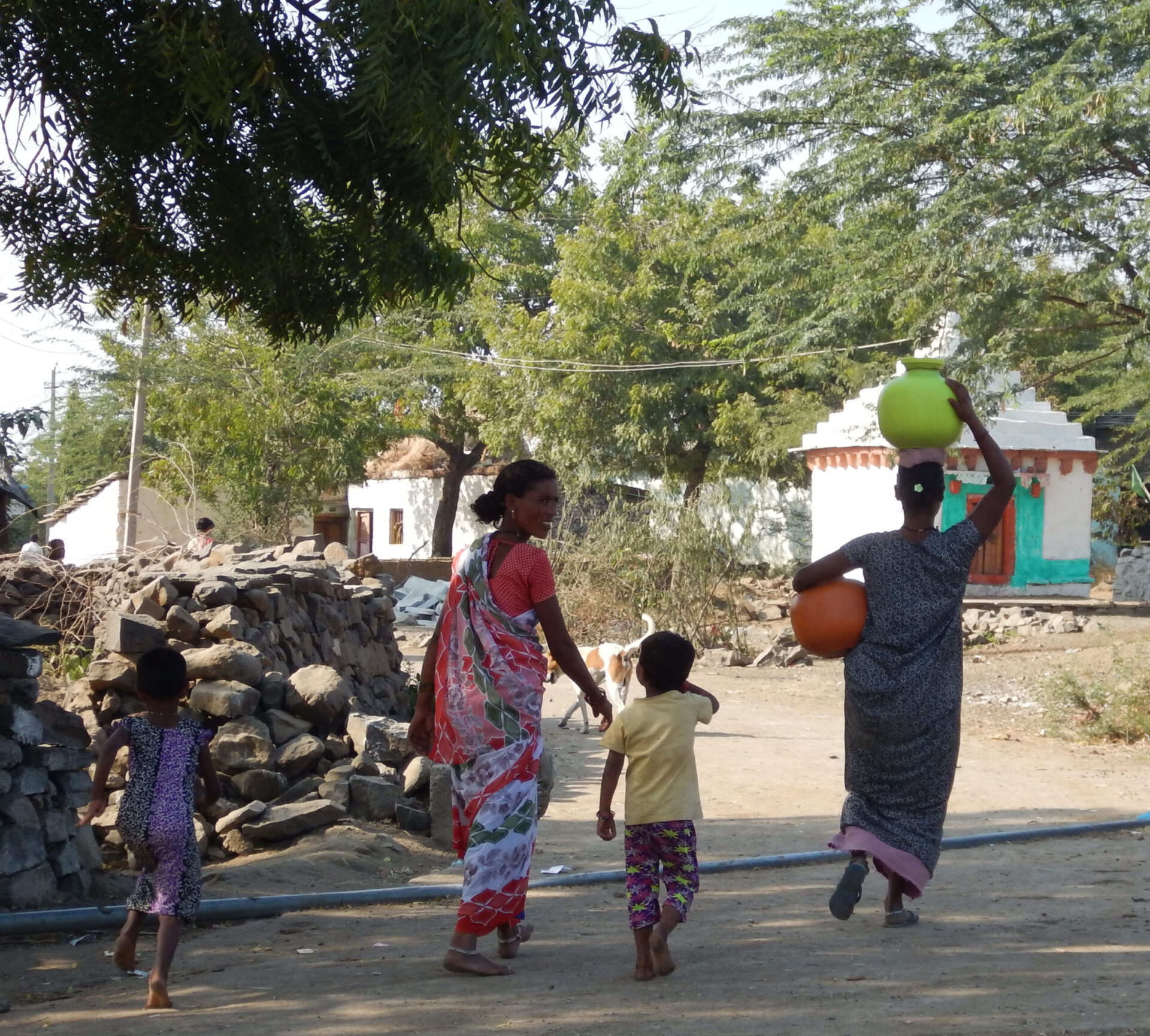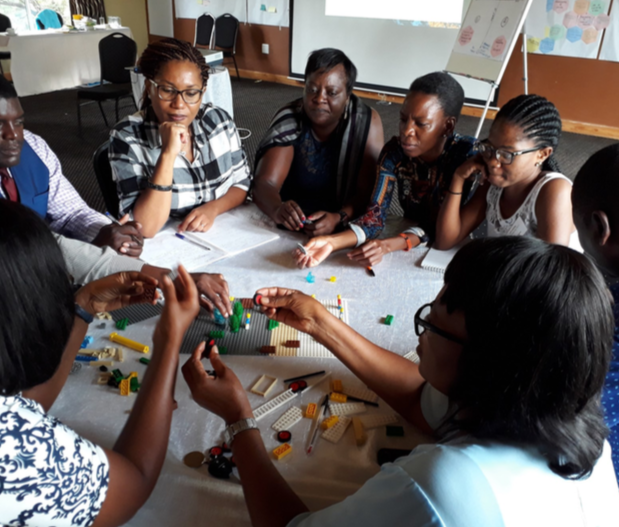Mali
Nature-based Solutions in Action: Lessons from the Frontline
Explore real-life evidence of how high quality NbS can deliver positive outcomes for climate, nature and people through 13 case studies in this IIED report.
Synthesis report: Exploring the conflict blind spots in climate adaptation finance
This report investigates climate change adaptation programmes in fragile and conflict-affected situations, how such programmes could be improved and how adaptation finance could be increased.
Resilient Generation: supporting young people’s prospects for decent work in the drylands of east and west Africa
The report reviews opportunities for young people in the drylands of Ethiopia, Nigeria, South Sudan, Somalia, Sudan and Mali to pursue climate-resilient work and provides key recommendations.
Research for Impact MOOC by the University of Cape Town and Oxfam
Online training for Research and Development Professionals about the Research for Impact approach - principles and practices that will make your research more impactful.
Determining what global warming of 1.5°C and higher means for the semi-arid regions of Botswana, Namibia, Ghana, Mali, Kenya and Ethiopia: A description of ASSAR’s methods of analysis
This article describes ASSAR's method for what global warming of 1.5°C and higher means for the semi-arid regions of Botswana, Namibia, Ghana, Mali, Kenya and Ethiopia.
Global warming of 1.5°C and higher brings profound challenges to semi-arid regions
This page collects together key messages and outputs from the ASSAR project relevant to global warming of 1.5°C and higher.
What global warming of 1.5°C and higher means for Mali
This infographic illustrates the impacts global warming of 1.5°C, and above, will have on the local climate extremes and the vulnerable sectors of Mali.
When adaptation barriers and enablers intersect: Key considerations for adaptation planning drawn from ASSAR’s findings
This report highlights findings of the interactions between barriers and enablers in four semi-arid regions, and how these interactions shape the underlying conditions for adaptation action.
The gendered challenges of food security: Stories and lessons from ASSAR
This article provides key findings from ASSAR study sites in the semi-arid regions of Africa and India, where gender was found to have a large role in how food security is affected.
Spotlight on Transformative Scenario Planning
This Spotlight highlights the successes and challenges of a series of Transformative Scenario Planning workshops held by ASSAR in five countries.
